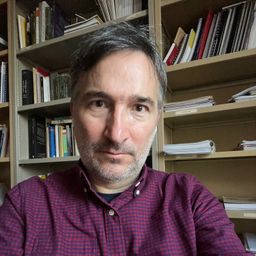Citizens, history, and heritage
My Session Status
Since the 19th century, citizens grouped within different types of associations, from the learned society to the friends of heritage, have been interested in local history and, by extension, in the traces of these on the territory. This citizen contribution is expressed in many ways. First of all, while such historical society groupings have a venerable past, their proliferation and their commitment to defend the archives, to showcase local history, and to preserve heritage make them a significant contemporary cultural phenomenon. It should also be noted that the associative field is remarkable for its diversity, both in terms of the motivation of its members and the actions deployed collectively. Finally, and just as interesting, there is an abundance of citizens’ groups, often formed around specific heritage issues. If some of these associations have a short life span (the mortality rate of associations is indeed quite high), others develop and pursue a perennial activity. Together, they help to create living, rooted communities. Papers may be submitted on two complementary lines of research. The first may focus on the historical evolution of the phenomenon and the second can address current issues.
Sub Sessions
Founded in 1972 by a citizens' group of academics and preservation activists, the Frontenac Heritage Foundation turns 50 years of age. It continuously advocates for conservation of the built-environment, awards certificates for noteworthy preservation efforts throughout the Frontenac County area, publishes a newsletter, and carries on various other educational activities. Initially, on the model of such bodies as Historic Annapolis in the USA, the FHF purchased at-risk properties and with ...
During the late 1960s, the city of Toronto was facing a critical question with the potential to radically transform its urban fabric: will the future be for cars or for people? The construction of the Spadina Expressway promised to ease traffic congestion for those living outside of the city centre but galvanized citizens groups within to resist what was seen as a destructive renewal project that would lead to the indiscriminate destruction of neighbourhoods and dislocation of communities....
Nearly forty historical societies and heritage associations are active on the island of Montreal. Some are very old, but most are more recent. Some are very well known, most work in the shadows. Nevertheless, all these associations play an essential role in the community. They not only involve hundreds of volunteers but also reach thousands of citizens. Their action is multifaceted.We are currently conducting a research project in co...

